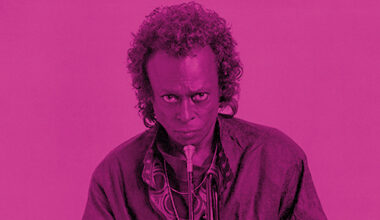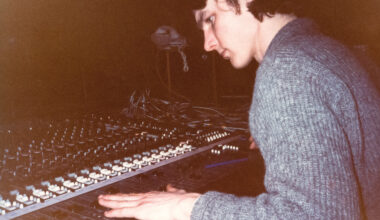Thomas Fehlmann recounts how The Orb managed a surprise return to the top of the UK charts… by way of a rejection from Jean-Michel Jarre
Want to read more?
Sign up to Electronic Sound Premium to gain access to every post, video, special offers, and more. 100%, all you can eat, no commitment, cancel any time.
Already a premium member? Log in here





